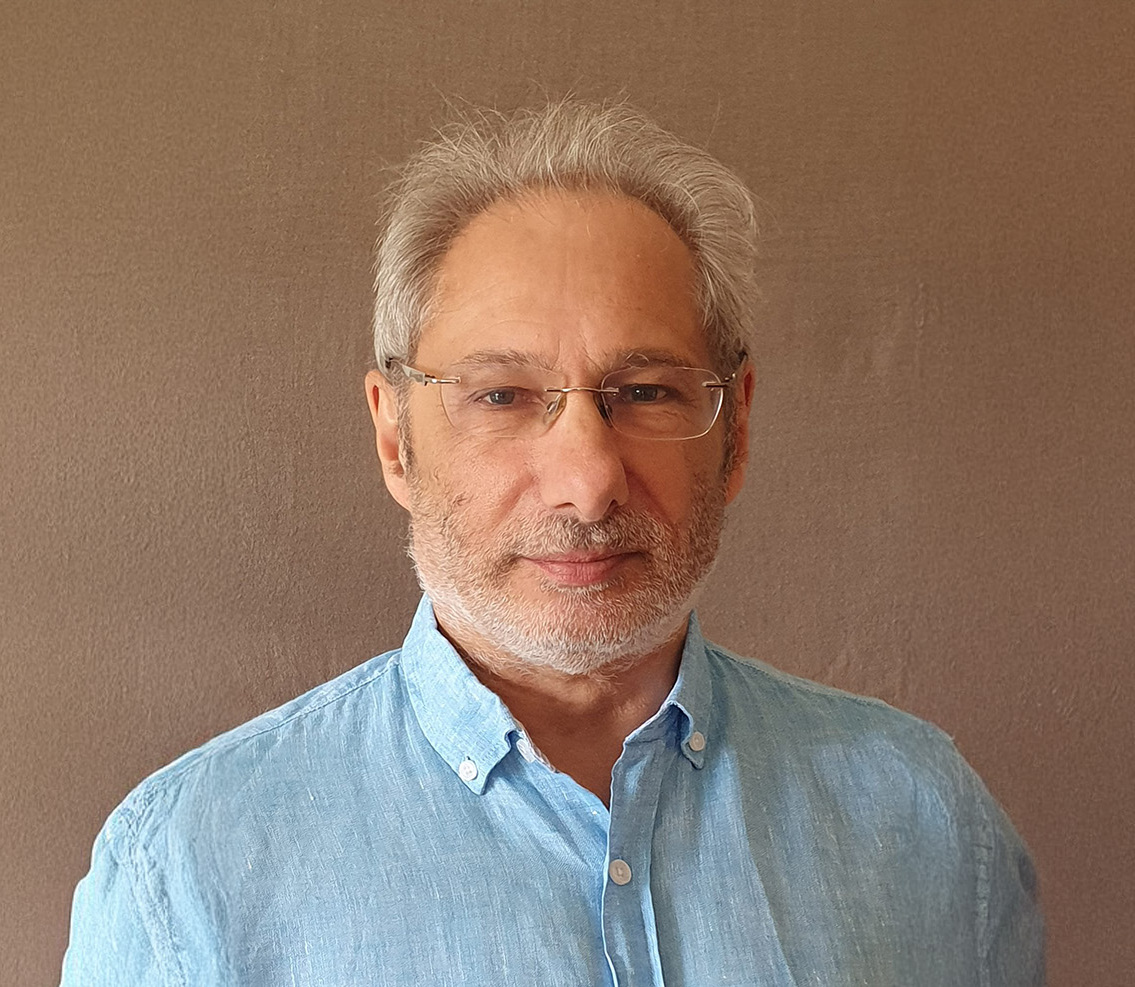Trust Disputes
Trust disputes can be deeply personal. They often involve close connections, long-standing professional relationships, or family members. On the surface, they’re about money, property, or the wording of a trust. But underneath, there’s usually something more—feelings of unfairness, confusion, or even betrayal. That’s what makes them so difficult to navigate. And that’s exactly why mediation is often the best way forward.
At Peter Shaw Mediation, we understand how sensitive trust disputes can be. Whether you’re a trustee trying to carry out your duties or a beneficiary who feels something isn’t quite right, you may find yourself stuck in a conflict you never expected. That’s where Peter can help—offering not just legal insight, but calm, structured guidance to help both sides reach a resolution that feels fair.
Let’s start by understanding the issue itself.

What Are Trust Disputes?

A trust dispute happens when there’s a disagreement over the way a trust is managed, interpreted, or distributed. These disputes can arise between trustees and beneficiaries, between co-trustees, or even among different groups of beneficiaries. Sometimes, the disagreement is about how assets are being handled. Other times, it’s about whether the trust is being followed as originally intended.
Trust disputes can get complicated fast, especially when emotions run high and the trust assets involved are significant. Whether it’s a disagreement over a trust document, concerns about a trustee’s actions, or even a breach of trust, these issues need careful handling. You might be a beneficiary questioning how trust property is being managed, or one of several trustees unsure how to act impartially while honouring the settlor’s wishes.
Sometimes, disputes relate to fiduciary duty, trustee misconduct, or the need to remove trustees altogether. In other cases, it’s about clarifying what the trust deed was meant to do, or how a discretionary trust should be applied in your specific circumstances. Disputes also come up when someone feels they’ve been unfairly excluded from a trust, or where mental capacity and undue influence are in question.
Whatever the cause, one thing is clear—when a trust dispute isn’t handled properly, it can quickly escalate. Relationships are damaged. Costs mount. And the trust itself can lose value while everyone argues over it.
Why Mediation Works in Trust Disputes
Court proceedings in trust disputes are not only expensive and time-consuming—they can be emotionally exhausting. Family members might end up on opposite sides of the courtroom. Trustees can feel under attack. Beneficiaries can feel ignored or dismissed.
Mediation offers a better path. It brings everyone into the same space (in person or virtually) to talk through the issues in a calm, controlled environment. With a neutral mediator guiding the process, you get the chance to be heard, to listen, and to explore solutions that work for everyone—not just the legally “winning” side.
And most importantly, mediation is private. What’s discussed stays between the parties. That confidentiality can make it easier to speak openly and protect family or professional relationships from public exposure.
Unlike trust dispute solicitors, who represent one side, Peter Shaw acts as a neutral third party, guiding open, constructive conversations. Mediation is one of the most effective alternative dispute resolution methods available, especially in cases involving international assets, trustee’s removal, or professional negligence. With support from an experienced mediator, you can often settle trust claims faster and more privately than going through formal legal channels.
Peter brings nearly 40 years of legal experience to the table. As a former solicitor, barrister, and King’s Counsel, he has a deep understanding of how trusts work and how trust disputes unfold. He’s advised both individuals and trust corporations in high-value, high-stakes situations. He’s represented parties in some of the most complex trust disputes—and now, as a mediator, he uses all of that experience to help others avoid the damage that litigation can cause.

Trustees and Beneficiaries

Whether you’re a trustee or a beneficiary, the pressures are real. As a trustee, you’re expected to act in the best interests of the beneficiaries, manage assets responsibly, and follow the terms of the trust exactly. But what happens when someone accuses you of failing in that duty? Or when the terms of the trust aren’t clear, and you’re forced to make difficult calls?
On the other hand, if you’re a beneficiary, you might feel left in the dark. You may be worried about how the assets are being managed—or even whether you’re receiving what you’re entitled to. There might be concerns about favouritism, lack of transparency, or decisions being made without proper consultation.
Peter understands the pressures on both sides. That’s why his approach is balanced, respectful, and focused on finding practical solutions that move things forward without causing lasting damage.
Why Choose Peter Shaw for Trust Disputes
Peter isn’t just a mediator—he’s a trusted advisor with decades of legal experience behind him. He’s known for his calm, thoughtful manner, and his ability to guide people through complex, emotionally charged situations. He’s also been consistently recognised in The Legal 500 and Chambers and Partners as a leading expert in his field.
He combines sharp legal insight with strong communication skills, creating a space where private clients can find real solutions. He’s approachable, honest, and not afraid to ask the tough questions when needed. But always with the goal of helping both sides reach an agreement they can live with.
At Peter Shaw Mediation, trust disputes are handled with care, professionalism, and a real understanding of what’s at stake—both financially and emotionally.
Moving Forward with Confidence
If you’re caught up in a trust dispute—whether you’re worried about fairness, management, or communication—mediation may be the right option for you. It’s faster, more cost-effective, and less combative than going to court. And most importantly, it gives you the chance to take control of the outcome.
Peter offers clear, experienced guidance every step of the way. From the initial discussion to the mediation day itself, you’ll know where you stand, what’s expected, and how the process works.
If you’re ready to take the first step toward resolving your trust dispute, or if you just want to explore your options, we’re here to help. At Peter Shaw Mediation, we’ll help you move forward with clarity, confidence, and the support you need.


